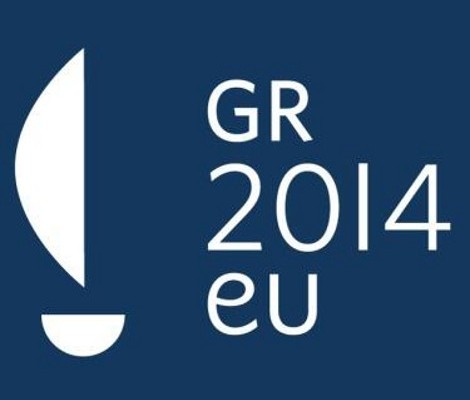In an exclusive interview, new Greek Ambassador to Bulgaria Dimosthenis Stoidis was kind to answer Standart's questions in a wide spectrum of topics ranging from his top priorities, through the country's recovery from the financial crisis to criminal issues and many more.
Let me just remind you of the negative assessments of the future of Greece in the eurozone and its imminent bankruptcy a year and a half ago. Today it is a different picture. Thanks to the efforts of the Greek government, and especially the monumental sacrifices of the Greek people, we can speak of our country's return to the path of development in 2014 after six consecutive years of recession.
We are seeing the "light at the end of the tunnel"; I mean the data published by the Greek Ministry of Finance and substantiated by the European Commission in its report. I'll share some of the data:
Greece will close out 2013 with a budget surplus for the first time in ten years, although this was not a requirement of our creditors. Moreover, the recession level in 2013 will be -4% lower than expected, and growth of 0.6% is anticipated in 2014. Unemployment will begin to level off and decrease in 2014.
The logical conclusion is that Greece is keeping its promises made under the austerity program; it is beginning to regain the trust of partners and investors and the outlook is more optimistic than it was several years back. Of course, we expect our partners to fulfill their engagements to us in return.
How is the government dealing with the extremism and criminal acts of Golden Dawn, who have threatened to withdraw MPs from Parliament and with new elections?
The issue is currently in the hands of the Greek justice system and an investigation is ongoing . The government does not interfere in the case; we and the respective authorities want to send a message that this criminal behavior cannot be tolerated, especially within the political system, which should serve as an example to society.
Greece will hold the EU Presidency next year. How is the government preparing for this difficult role?
Greece will assume the Presidency of the EU Council at a turning point. The economic crisis and other serious problems, such as the flow of refugees and illegal migration have showed that a joint approach based on the principle of equality of member states is in order. Speaking more broadly, we need to create new, more apt institutions to strengthen the role of Europe rather than to generate euroscepticism and intolerance. In the context of its budget restraints Greece prepares to hold the EU Presidency for the fifth time, hoping to improve on the European agenda with the support of its partners and of course Bulgaria, with whom we share viewpoints on several issues.









